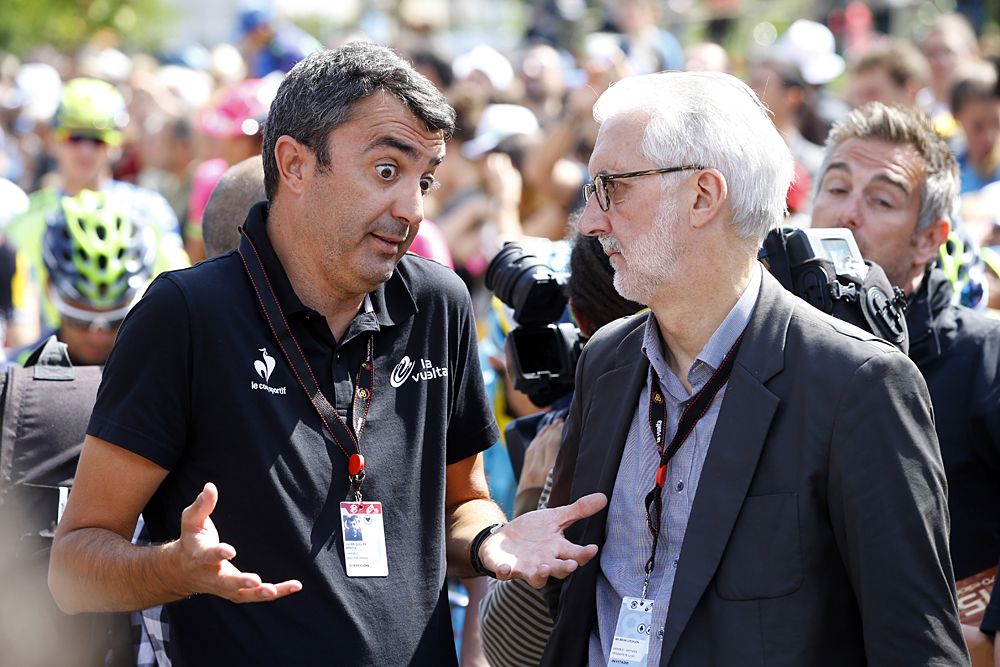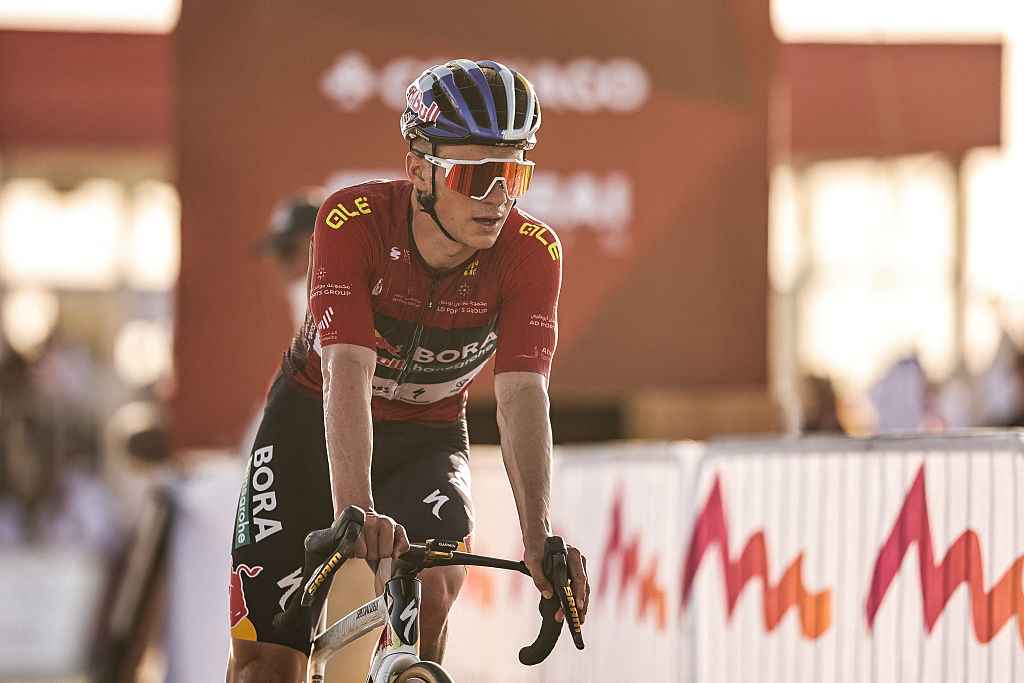Guillen: Doping scandals and economic crisis has hurt Vuelta a Espana
Race boss believes nation needs more star riders
The latest race content, interviews, features, reviews and expert buying guides, direct to your inbox!
You are now subscribed
Your newsletter sign-up was successful

Vuelta a Espana race director Javier Guillen believes that Spanish cycling is enduring one of its toughest periods, but he remains confident that the nation can pull through. Guillen believes that the persistent doping scandals in the sport and the country’s own economic crisis is to blame for the issues.
“The crisis has affected us a lot. In fact, it continues to affect us,” Guillen told Diario Vasco. “We had two crises. First was a consequence of doping that was terrible and did us a lot of damage, and later the economic crisis of 2008. It was also a crisis that directly affects the financing channels of cycling, because we’re talking about institutions in stages, sponsors, advertising and we are talking about TV rights.
“That will force you to do more with less, to be more aggressive and it finally allowed us to have a more aggressive Vuelta.”
Guillen and the rest of the Vuelta a Espana organisers have taken that aggressive idea and run with it. This season’s race will see 10 summit finishes, one more than the previous year’s race. Guillen says that the way to draw in the crowds is to throw more mountains in, even if it is at the expense of the sprinters.
“Yes, they complain and quite a bit,” he said of the sprinters. “On the one hand, they are right because we are a race that looks at the sky. We like the mountains or a ramp to the finish on the flat. In a Vuelta of 21 stages, there is room for everyone, but we believe that the show is in the mountains, and we have a very diverse country, where there are mountains or hills, and we want to use them. We look at what we think the public wants and when the formula works.”
Spain has long been a powerhouse in cycling, but the number of races in the country has dropped and, in turn, that has seen a drop in the number of high-level professionals and teams. Just one Spanish team remains in the WorldTour, Movistar, and Caja Rural is their only representation at Pro Continental level. In 2006, Spain had 103 riders in top level teams but, as the nation’s economy has taken a huge downturn in the past decade, that number has steadily decreased. It hit an all-time low in 2014 when there were just 34 riders in top teams.
The numbers are heading in the right direction with 38 for the 2016 season, but there is still a long way to go. Guillen acknowledges the rough time but points out that it has produced some of Spain’s best races and finds some hope in the rise of Mikel Landa.
The latest race content, interviews, features, reviews and expert buying guides, direct to your inbox!
“Hopefully, we are at the worst time, although it is true that at the worst time we had the best riders: Alberto Contador, Oscar Freire, Alejandro Valverde, Carlos Sastre, Oscar Pereiro ... We have lived a great period, but we do need riders and teams and that today is the biggest problem.
“We have Mikel Landa, who will be a great revelation and is already a devoted cyclist, the Izagirre brothers ... There is a future, there is relief, but obviously we need more.”

